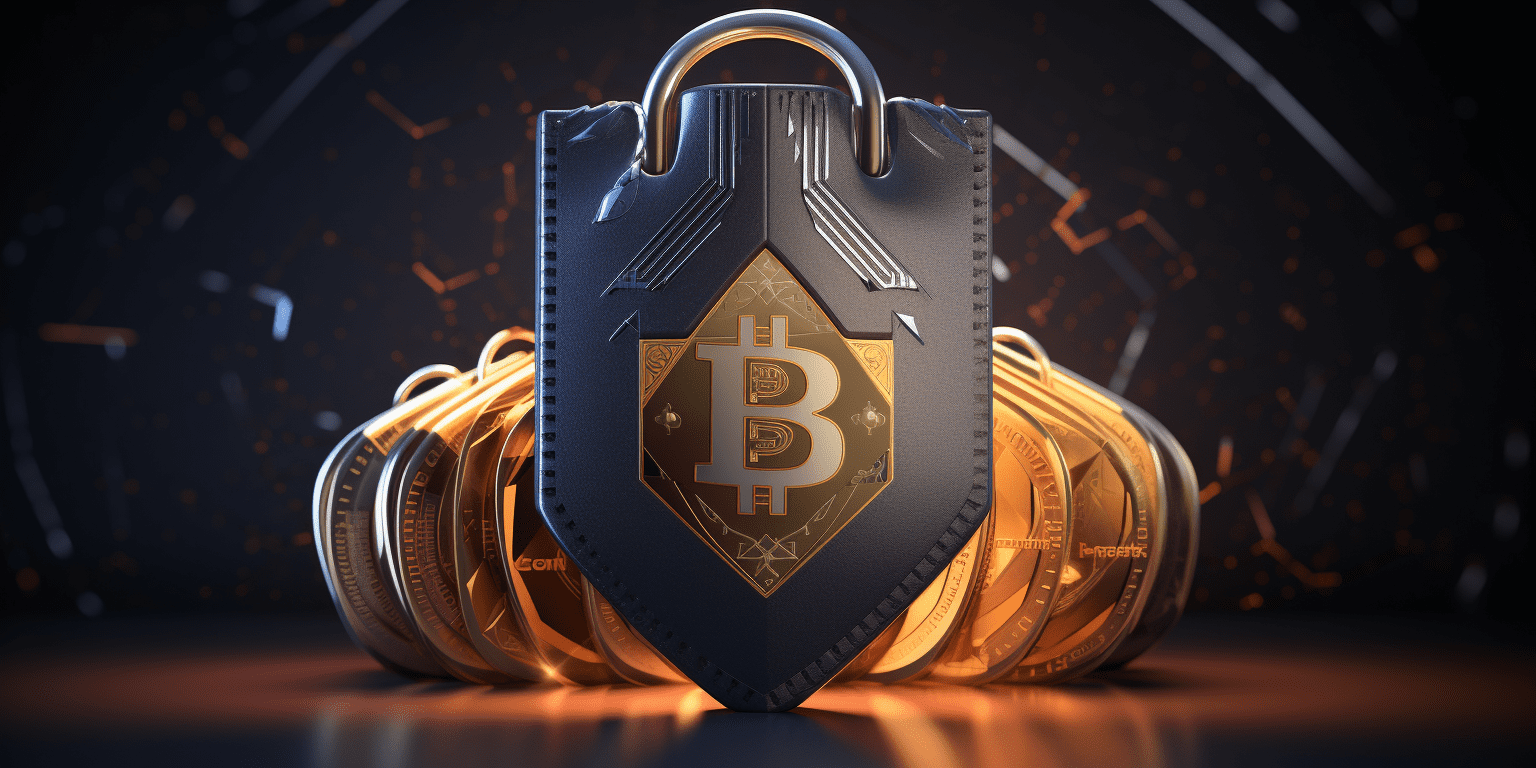Introduction
As cryptocurrencies continue to gain popularity, ensuring the security of your digital assets becomes paramount. Crypto wallets are essential tools for managing and safeguarding your holdings, but with great convenience comes great responsibility. In this comprehensive guide, we will explore the world of crypto wallets, their types, and most importantly, how to enhance the security of your digital assets to protect them from theft and loss.
1. Understanding Crypto Wallets
- Definition: A cryptocurrency wallet is a digital tool that allows users to store, send, and receive cryptocurrencies. It stores the private keys needed to access and manage your assets on the blockchain.
- Types: There are several types of crypto wallets, including hardware wallets, software wallets, paper wallets, and mobile wallets. Each has its own set of advantages and security considerations.
2. Types of Crypto Wallets
- Hardware Wallets: These are physical devices that store your private keys offline, making them highly secure against online threats. Examples include Ledger Nano S, Ledger Nano X, and Trezor.
- Software Wallets: Software wallets come in various forms, including desktop wallets, web wallets, and mobile wallets. They are convenient but require careful consideration of security measures.
- Paper Wallets: A paper wallet is a physical document containing your private and public keys. It’s immune to online attacks but can be lost or damaged physically.
3. Security Measures for Crypto Wallets
- Private Key Security: Protect your private keys at all costs. Store them securely offline, preferably in a hardware wallet or paper wallet.
- Two-Factor Authentication (2FA): Enable 2FA wherever possible to add an extra layer of security to your accounts and wallets.
- Secure Backup: Regularly back up your wallet’s private keys and recovery phrases in multiple secure locations. Consider using fireproof and waterproof storage.
- Keep Software Updated: Ensure that the software of your wallet, operating system, and antivirus programs are up-to-date to protect against vulnerabilities.

4. Phishing and Scams
- Be Cautious: Beware of phishing attempts and scams that impersonate legitimate wallet providers or cryptocurrency services. Always verify the authenticity of the website or app.
- Check URLs: Double-check website URLs and ensure they are spelled correctly and use HTTPS.
- Avoid Suspicious Links: Avoid clicking on suspicious links in emails or messages, especially those requesting sensitive information.
5. Public Wi-Fi Risks
- Avoid Public Wi-Fi: Refrain from accessing your crypto wallet on public Wi-Fi networks, as they can be insecure and vulnerable to hackers.
- Use VPN: If you must use public Wi-Fi, consider using a Virtual Private Network (VPN) for added security.
6. Diversification and Cold Storage
- Diversify Holdings: Consider diversifying your cryptocurrency holdings across multiple wallets and exchanges to reduce risk.
- Cold Storage: For long-term storage, use cold storage solutions like hardware wallets or paper wallets that remain offline and isolated from internet threats.
7. Educate Yourself
- Stay Informed: Keep yourself informed about the latest security threats and best practices in cryptocurrency security.
- Test Transactions: Before sending large amounts of cryptocurrency, make small test transactions to ensure the wallet and address are correct.
8. Recovery Plans
- Prepare for Loss: Have a plan in place for the unfortunate event of wallet loss or theft. Know how to recover your assets using backups and recovery phrases.
9. Conclusion
Crypto wallets are the guardians of your digital assets, and securing them is of utmost importance. By choosing the right type of wallet, implementing robust security measures, and staying vigilant against threats, you can safeguard your cryptocurrencies from theft and loss. Remember that the cryptocurrency landscape is ever-evolving, so continuous education and adaptation to new security practices are key to protecting your digital wealth.
Disclaimer: This article is for informational purposes only and should not be considered financial or investment advice. Always conduct thorough research and consider seeking advice from experts when managing your cryptocurrency holdings.







